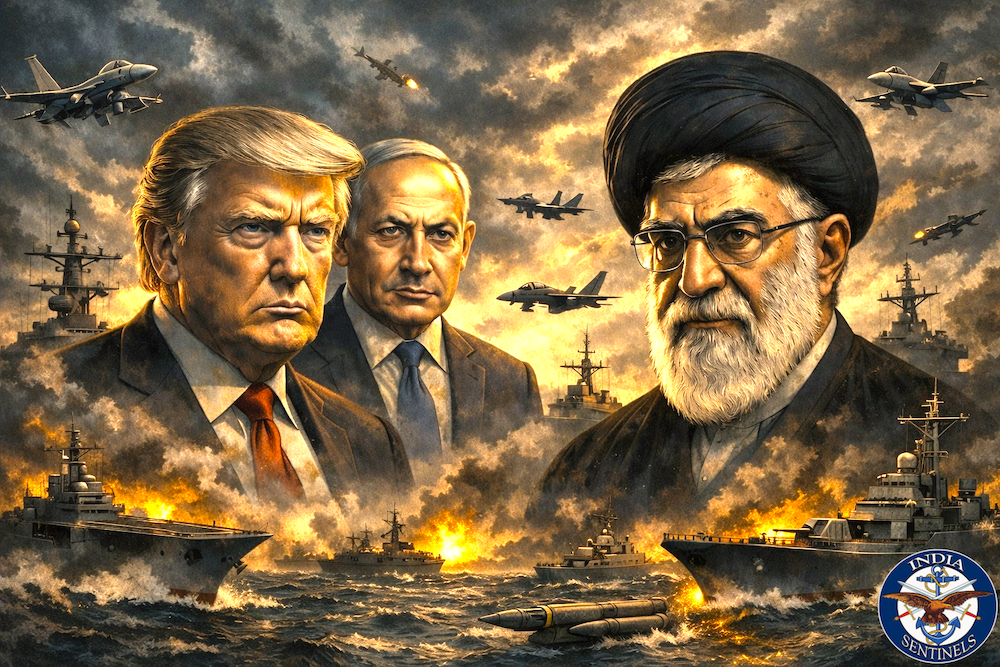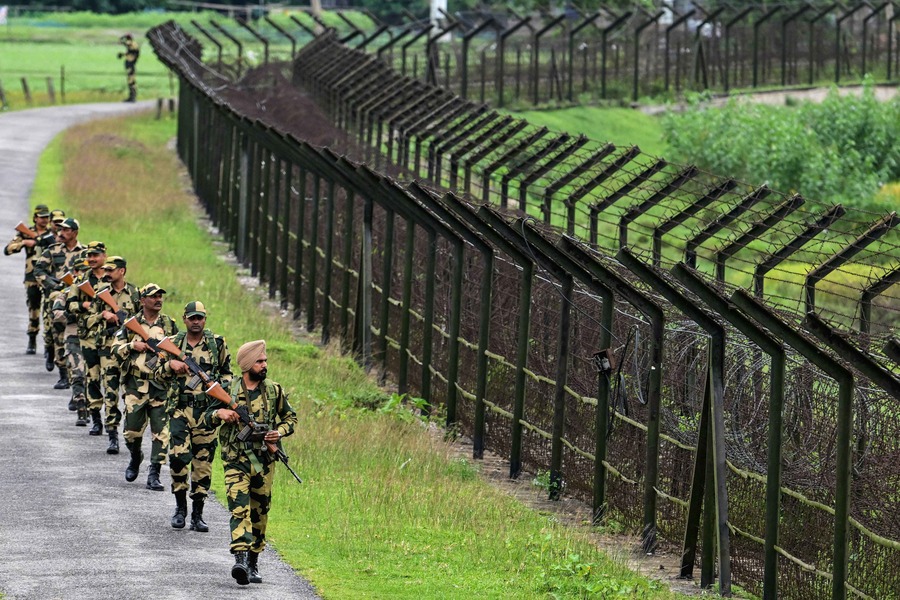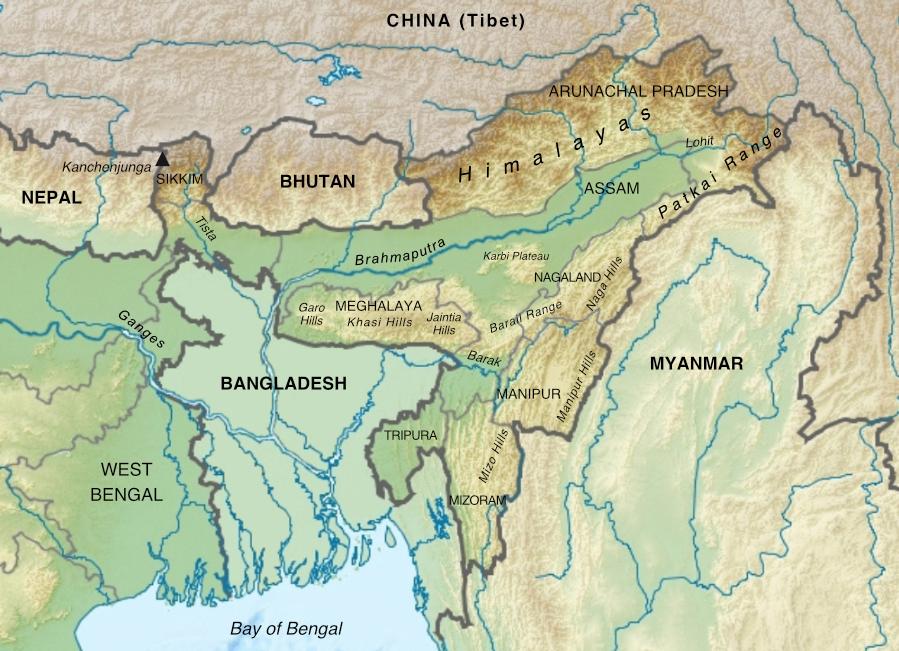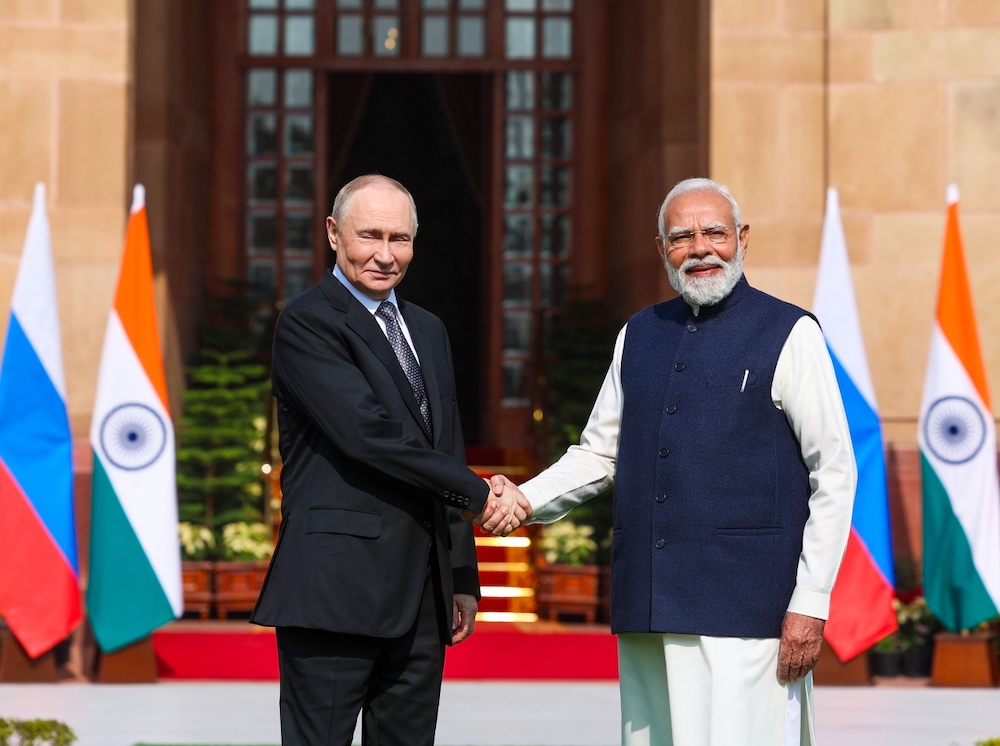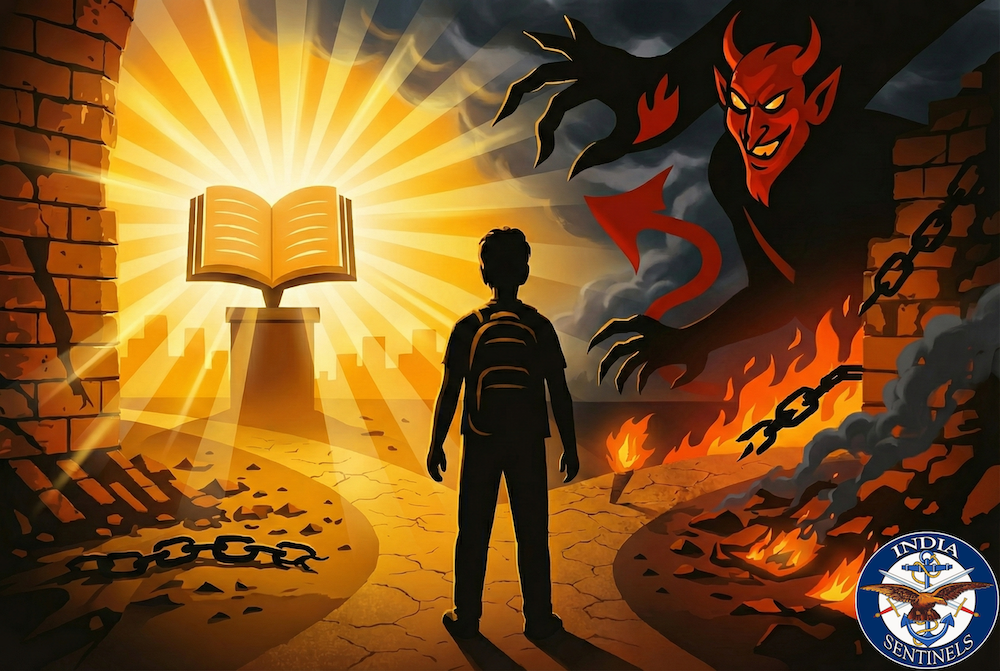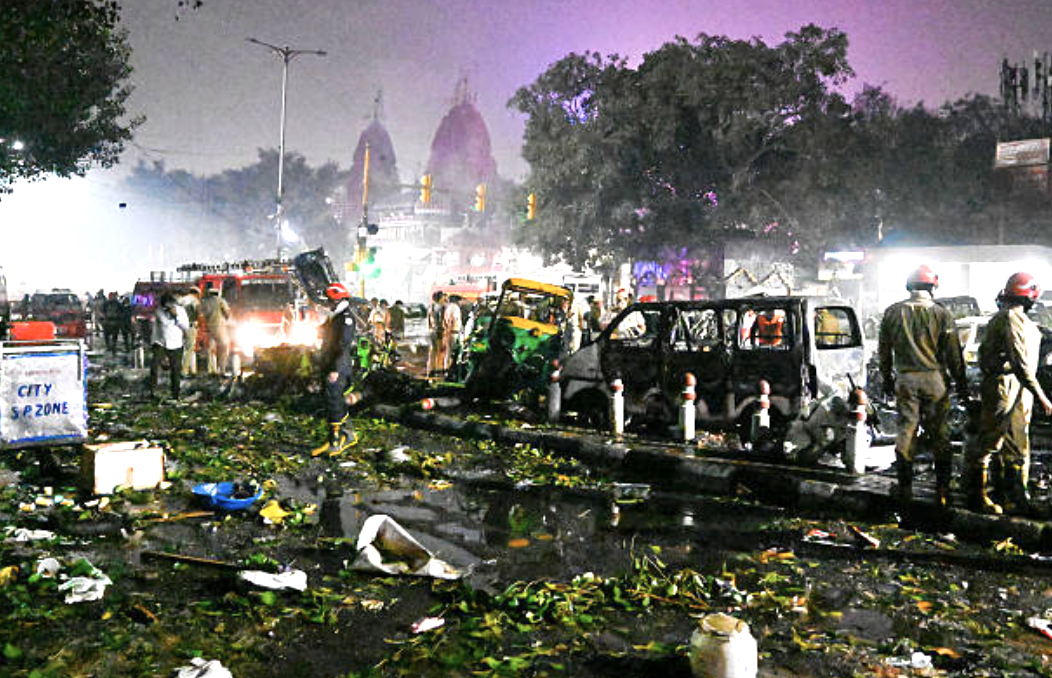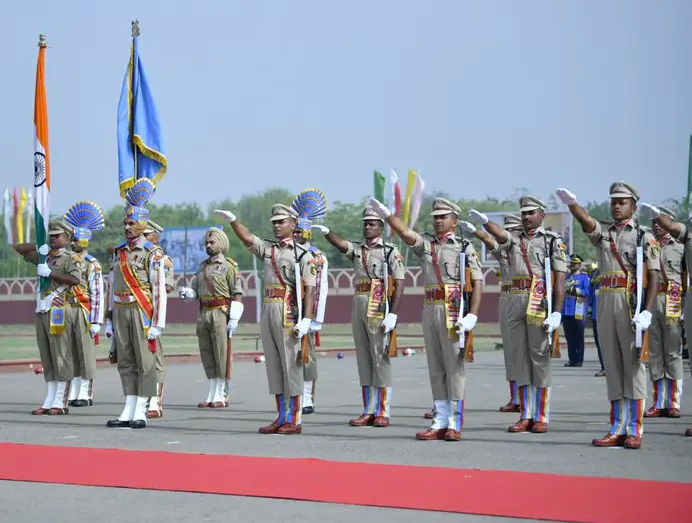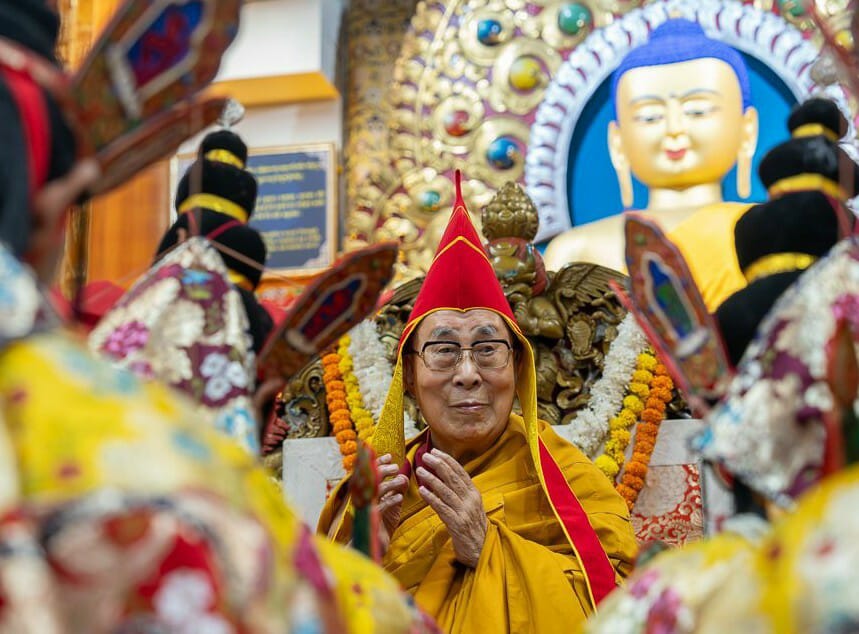 The 14th Dalai Lama. (Photo: The Office of the Dalai Lama, Dharamshala)
The 14th Dalai Lama. (Photo: The Office of the Dalai Lama, Dharamshala)
As Buddhists worldwide celebrated the 90th birthday of the 14th Dalai Lama, Jetsun Jamphel Ngawang Lobsang Yeshe Tenzin Gyatso, on July 6, a familiar yet increasingly urgent dispute has resurfaced between China and India over who possesses the authority to determine his successor.
For Beijing, the answer lies in an 18th-century imperial edict and its assertion of modern sovereignty over Tibet. For India, the response is both moral and historical: the Dalai Lama alone can decide his reincarnation, and any claim to the contrary undermines centuries of deeply spiritual Tibetan Buddhist tradition.
Beijing’s Flawed Historical Claim
The Chinese Communist Party insists that only it has the authority to select the next Dalai Lama. It has invoked the Qing dynasty’s 1793 “Golden Urn” decree – a system of drawing lots – to identify high-ranking reincarnate lamas, to legitimize its claim. Chinese officials argue that the reincarnation process must fall under state control because Tibet is part of China, and religion, like all institutions in China, must align with party ideology.
Read also: Israel-Iran War – Tel Aviv’s tactical win, Iran’s strategic advantage
This argument, however, is historically and logically flawed. The Golden Urn method was inconsistently applied throughout history and was notably not used in identifying the current 14th Dalai Lama in 1939. His selection followed centuries-old Tibetan practices that predate both the Qing dynasty and certainly the People’s Republic of China, established in 1949.
For those who dispute this, the current (14th) Dalai Lama himself said [archived link] on the issue of his reincarnation that when he was recognized as the 14th incarnation of the Dalai Lama in 1939, the priest-patron relationship between Tibet and China had already come to an end. Therefore, there was no question of any need to confirm the reincarnation by employing the Golden Urn.
Historically, the Dalai Lama lineage has always been identified through sacred means – dreams, visions, and signs interpreted by senior monks. The first Dalai Lama, Gedun Drupa, was recognized in 1391, centuries before any Chinese interference. The institution of the Dalai Lama has been central to Tibetan Buddhism for over 600 years, making Beijing’s recent claims to authority both presumptuous and historically baseless.
Read also: With FM Munir in Pak’s charge, India must see the ‘black swan’ coming
India’s Principled Stand
India’s position on this matter reflects both historical accuracy and ethical principles. Kiren Rijiju, the Union minister who belongs to Arunachal Pradesh, recently reiterated that only the current Dalai Lama has the authority to choose his successor. This stance is not political grandstanding but reflects India’s commitment to religious autonomy and its unique relationship with Tibetan Buddhism.
When the 14th Dalai Lama fled to India in 1959 following China’s military occupation of Tibet, he was given sanctuary in Dharamshala. India has since hosted the Tibetan government in exile, which continues to recognize his spiritual and temporal leadership. It is from this diaspora – numbering around 150,000 in India and millions worldwide – that overwhelming support has poured in for the Dalai Lama’s exclusive right to determine his reincarnation.
Religious freedom is enshrined in India’s constitution and practised across faiths. The country’s secular democracy has provided a safe haven for several persecuted religious minorities, including Tibetan Buddhists. China, by contrast, is an officially atheist state where religious practices are strictly regulated and often suppressed.
The Panchen Lama Precedent
The clearest indication of China’s intentions came in 1995, when the Dalai Lama recognized Gedhun Choekyi Nyima as the 11th Panchen Lama – the second-most important figure in Tibetan Buddhism. The six-year-old boy was abducted by Chinese authorities and replaced with Gyaincain Norbu, a puppet figure entirely loyal to Beijing. The real Panchen Lama has not been seen in public since, becoming one of the world’s youngest political prisoners.
Read also: India mustn’t take Pakistan COAS’s promotion to field marshal lightly
This episode remains a stark warning: China’s version of reincarnation serves the party, not the people. Beijing’s true objective is not spiritual continuity but the Sinicization of Tibetan Buddhism. Installing a state-approved Dalai Lama is a political strategy to control Tibetan identity and suppress any dissent against its occupation of Tibet.
Growing International Support
International support is growing for the position that reincarnation decisions should remain with the Tibetan Buddhist community. The United States passed the Tibetan Policy and Support Act in 2020, declaring that decisions on the Dalai Lama’s reincarnation must be made solely by the Tibetan Buddhist community, without interference from any government, particularly China’s.
The European Parliament has also passed multiple resolutions supporting Tibetan autonomy and the Dalai Lama’s right to determine his succession. Countries including Canada, Australia, and several European nations have expressed similar positions, viewing Beijing’s interference as a violation of religious freedom and human rights.
Read also: How India should respond to China’s activities around Taiwan
The 14th Dalai Lama has repeatedly stated that his reincarnation may not be born in territory under Chinese control, and that any candidate named by Beijing should be considered illegitimate. In 2011, he amended the traditional reincarnation process by stating that he might choose his successor while still alive, or even decide not to reincarnate at all – decisions that lie entirely within his spiritual authority.
As the global community watches the future of Tibetan leadership unfold, it is critical to remember this: reincarnation is a sacred Tibetan Buddhist tradition, not a communist state function. The next Dalai Lama will not be found in a government office in Beijing but in the quiet prayers and rituals of Tibetan monks – wherever they may be free to practise them.
India’s support for the Dalai Lama’s right to self-determination is not just a defence of tradition – it is a defence of truth, freedom, and the right of a people to define their own spiritual future. An atheistic party dictating the terms of spiritual succession is not only ironic but profoundly contradictory.
For India – a nation that has historically been a refuge for those seeking religious freedom – supporting the Dalai Lama’s autonomy in this matter represents a continuation of its civilizational values and democratic principles.
Disclaimer: The views expressed in the article are the author’s own and don’t necessarily reflect the views of India Sentinels.
Follow us on social media for quick updates, new photos, videos, and more.
Twitter: https://twitter.com/indiasentinels
Facebook: https://facebook.com/indiasentinels
Instagram: https://instagram.com/indiasentinels
YouTube: https://youtube.com/indiasentinels
© India Sentinels 2025-26

